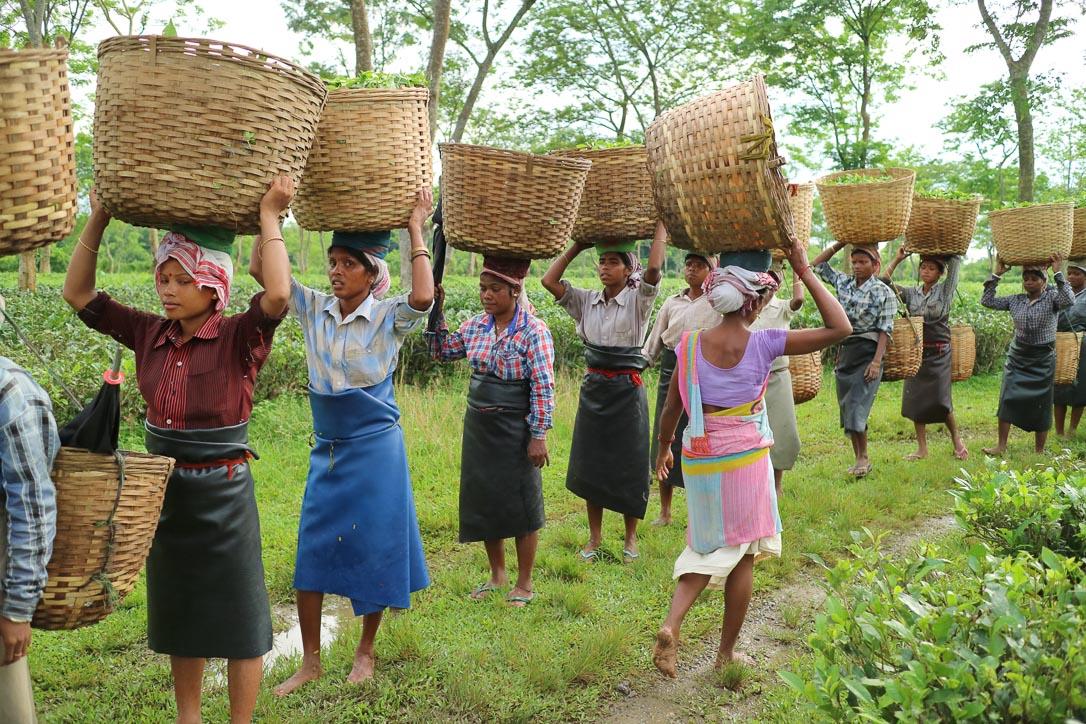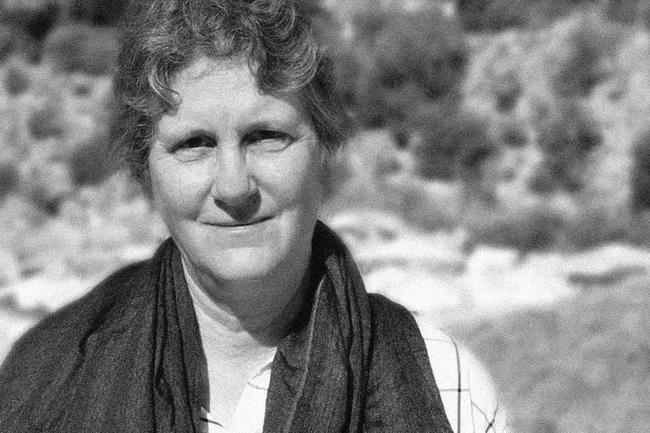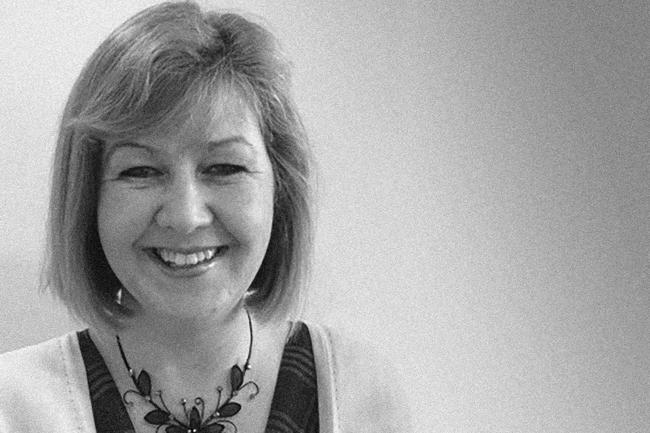
Conversation with Céline Gilart
from Twinings about tea,
ethics and collaboration
Céline Gilart manages a team spread across the UK, Asia and Africa in her role as head of social impact for Twinings, the 300-year-old English tea brand. The strong sense of compassion from this French national, now settled in the UK, is immediate during our conversation. After studying international development and spending a 10-year career in tea and ethics, she cites her motivation as being able to make a difference to people’s lives.
Somewhere between juggling the difficult balance of social development, cultural sensitivity and corporate reality that her role demands, we managed to squeeze in some time to chat about how big business can drive social impact for some of the world’s poorest workers and whether consumers should care about who makes their tea.
Tell us about tea. What are the big social challenges and human rights issues in the industry?
Well, it really depends on which region. That’s why we have our community needs assessment, which is a holistic framework to understand the needs of the people in a participatory way. Whether that’s to do with nutrition, gender, water and sanitation, livelihoods and so on. The issues will vary whether we’re talking about India, China or Malawi. But in terms of trends, living standards including housing and sanitation are things we hear a lot about on tea gardens because we are talking of places where workers are provided with accommodation for themselves and their families, and the standard would vary. It’s quite a basic thing but it can make a big difference to their whole life because having a decent and safe house means they can then focus on others things. The other global challenge is about women and the lack of opportunities, discrimination and sometimes violence they face.

You mentioned working with the producers. As you don’t own your own plantations, how do you influence conditions with those tea estate owners?
Last year, we worked with our buying department to reduce the number of tea estates we were buying from. This was led mainly by ethical considerations, because we wanted to know what was going on in each of the gardens we source from through regular monitoring visits, and having a large number was really difficult. But also, by having a smaller amount of sites, it means we can have more leverage to improve conditions with these producers. Hopefully we try to buy from the best, both in terms of quality and social standards, but even these can be improved further, which is what we aim to do.
Engagement and leadership from the producer company on these types of issues is also key. That’s why we aim to work with like-minded producers and to find appropriate, tailored and sustainable solutions together.
Twinings has a strategy called ‘Sourced With Care’, that it says is at the heart of its business. What’s the driver behind that strategy? Is it value creation or a more ethical motivation?
Sourced with Care is a journey to ensure everyone in our supply chain has the right to a decent quality of life and is able to provide for themselves and their families. We do this because healthier, empowered and sustainable communities are essential to ensure strong supply chains, but also because we believe this is the right thing to do. This is about our moral responsibility. We’ve been buying tea for over 300 years now and we’ve always been a premium brand. We’re all about quality and we see it as not just the quality of the product, but also the quality of life of the people and what goes into farming a good quality tea.
The Sourced With Care strategy is about making a difference but also about raising awareness of challenges in the industry. How important is the second part?
In tea, or generally in commodities like tea, cocoa, or coffee, the issues are so large and so complex that it’s not something one company can sort on its own. For example, in India there are girls being trafficked out of tea estates, or in Malawi national minimum wage is set below the extreme poverty line. We try really hard but, equally, we need to work with others, whether that’s other companies, NGOs, industry bodies, government or producers. So I think that’s why it’s so important to talk about these challenges and not shy away. It’s about trying to be on the right side of the table, because it doesn’t advance anything or lead to any improvement if you shy away from the problem.
Do you actively speak to consumers about your ethical commitments?
We have launched our Sourced with Care website. Until now, every market had its own website and it could be quite challenging to ensure the most recent and relevant information is up there. Now, we have one central social impact website with people-focused content, including case studies bringing it to life and making it tangible for anyone, including the consumer. There’s also impact data and details about our work for a more informed audience. But the reason we’re doing it is really not driven by marketing, it’s more about wanting to do good and being responsible.
Do you think it’s helpful to build consumer awareness of ethical standards? Is that going to drive higher standards or is consumer awareness a by-product or good corporate behaviour?
I think companies should do it anyway, and consumer awareness would be more of a by-product. Now, you have international frameworks like the Sustainable Development goals [SDGs] and the UN Guiding Principles on Business and Human Rights, as well as national legislation, such as the Modern Slavery Act in the UK and similar ones in the U.S. and France. These are building more and more pressure on companies to behave ethically. So I just feel it should be part of the normal way of doing business. Every product should be ethically produced and it should not be up to consumers to pay more for ethically made products.
What excites you about what’s happening in the tea industry at the moment?
I think it’s the collaboration, not just between companies, but also within the wider stakeholders, whether that’s NGOs, producers, the public sector or brands like us. I think there’s more and more desire for cooperation and partnership, and also companies see it as part of their core operations; it is not the same as philanthropy or social investment. So, I think that’s an exciting time.
This interview is a part of a series in a larger publication, Tea & Water Perspectives: Making Business Human-First







